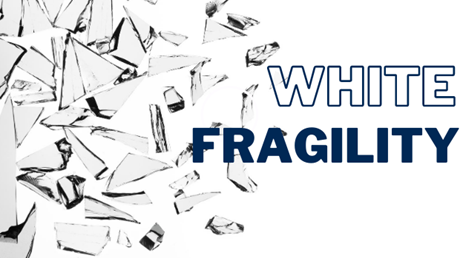White Fragility demonstrates the importance of understanding contexts, allyship, and reading widely.

“Are you mixed?” This seemingly innocent question from a white elementary school classmate sat with me for a few minutes before I answered.
“No, I am Black.”
He asked so he could accurately “locate” me in the social construct that we have come to know as race.
I confused him. My eyes were hazel, and I was close to his color. Maybe I could pass as white and be his friend. He wanted me to choose a side.
Of this pressure to choose a side, Robin DiAngelo notes in her work White Fragility, “When…people’s racial identity is ambiguous, they will face constant pressure to explain themselves and ‘choose a side.’”
My response was all he needed. I hadn’t passed the test. The two of us couldn’t be friends. For some reason, in his experience, whiteness had been normalized. Blackness was a deviation.
While this singular incident seems isolated and disheartening, DiAngelo argues in White Fragility that racism is not a product of individual actions but a “complex interconnected system.” In her view, my classmate’s words that day weren’t just a heart issue, but a systemic issue.
Many other writers in this series have pointed out some problems with DiAngelo’s approach. And I applaud much of what they have written. I too believe that racism is heart issue and that the gospel is the ultimate hope for any sin-stained heart—including a heart stained by racism.
But I believe that men and women of faith who are serious about gospel work need to be interested in transforming hearts and systems. If we do not pursue both, then our work to transform the world around us is incomplete.
Like my elementary school classmate, we tend to like people ...
from Christianity Today Magazine https://ift.tt/3kPeth3
No comments:
Post a Comment